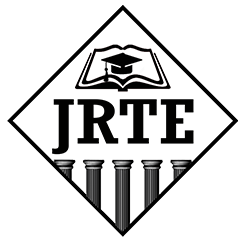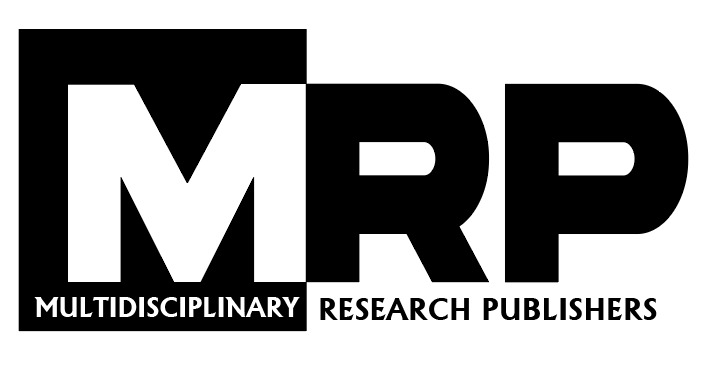Downloads
According to the World Health Organization (WHO), approximately 80% of the global population relies on traditional medicine for their primary healthcare needs. Even in developed countries, there’s a growing popularity of complementary or alternative medicine. A worldwide survey on national policies and regulations for traditional medicine and herbal medicines reveals that around 50 countries, including China, Japan, and Germany, have already established their own regulations and policies for traditional medicinal practices. Traditional medicine encompasses a range of health practices, beliefs, and knowledge that involve using plant, animal, and mineral-based remedies, spiritual therapies, manual techniques, and exercises to diagnose, treat, prevent, or maintain well-being. In Sri Lanka, there are four established traditional medicine systems: Ayurveda, Siddha, Unani, and Deshiya Chikitsa. This study aimed to identify challenges and propose solutions to enhance the effectiveness of herbal drugs in Sri Lankan traditional medicine.
Written by JRTE
ISSN
2714-1837
| M | T | W | T | F | S | S |
|---|---|---|---|---|---|---|
| 1 | 2 | 3 | 4 | 5 | 6 | 7 |
| 8 | 9 | 10 | 11 | 12 | 13 | 14 |
| 15 | 16 | 17 | 18 | 19 | 20 | 21 |
| 22 | 23 | 24 | 25 | 26 | 27 | 28 |
| 29 | 30 | 31 | ||||
Our Visitors






 Users Today : 0
Users Today : 0 Total Users : 32542
Total Users : 32542 Views Today :
Views Today :  Total views : 88005
Total views : 88005 Who's Online : 0
Who's Online : 0 Your IP Address : 216.73.216.164
Your IP Address : 216.73.216.164

